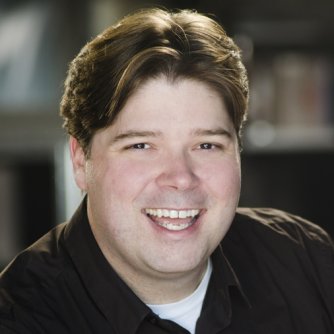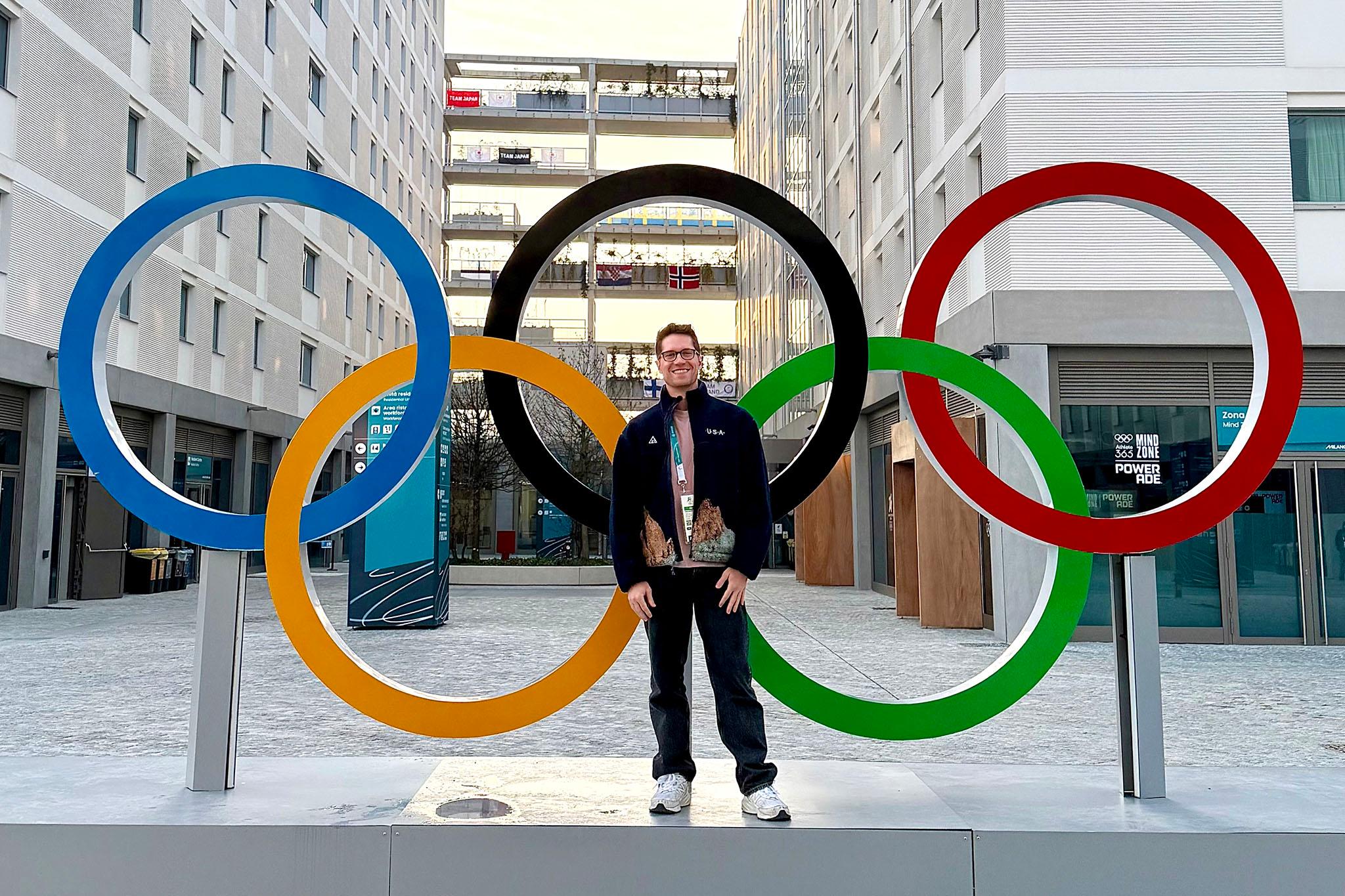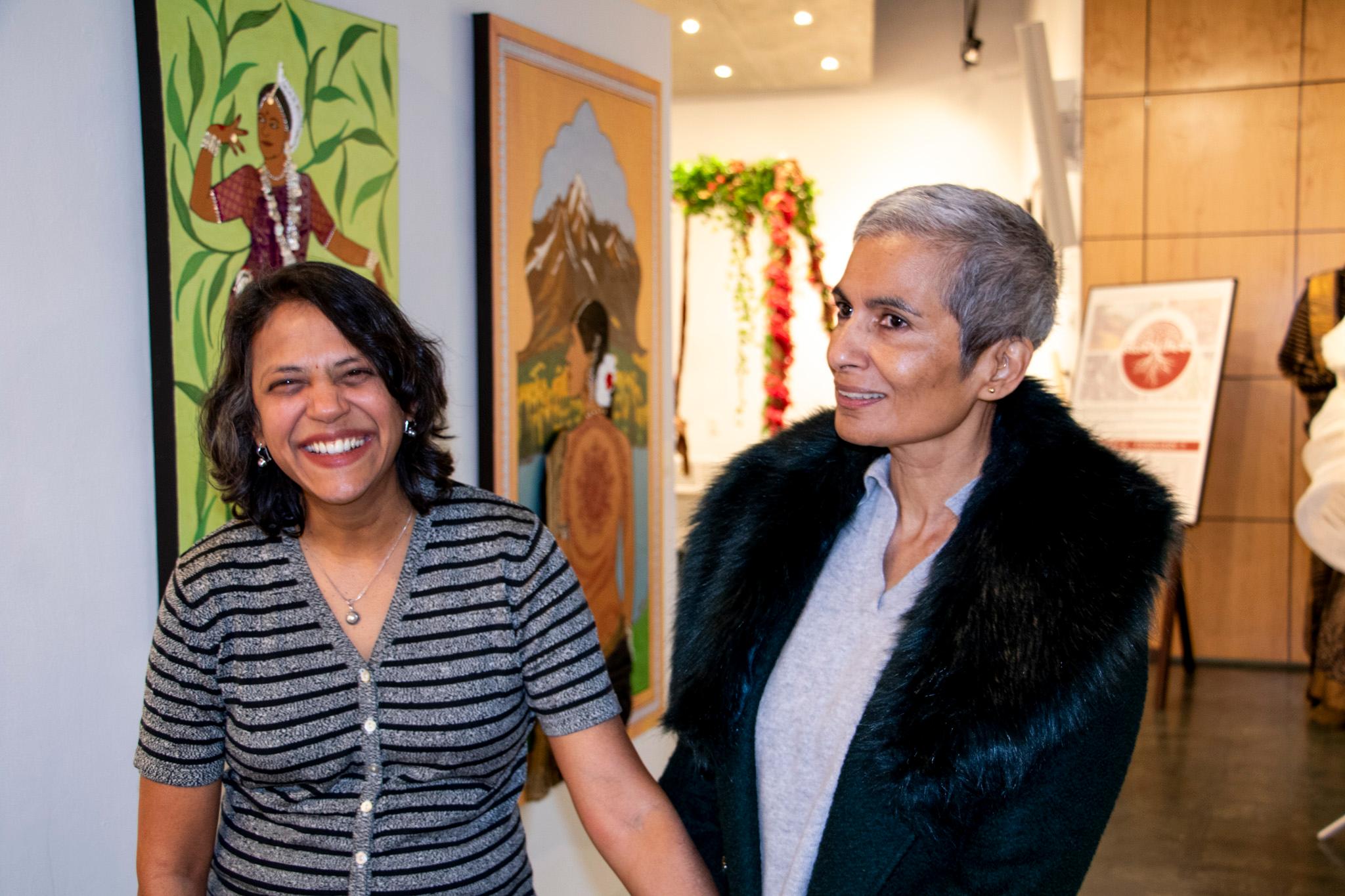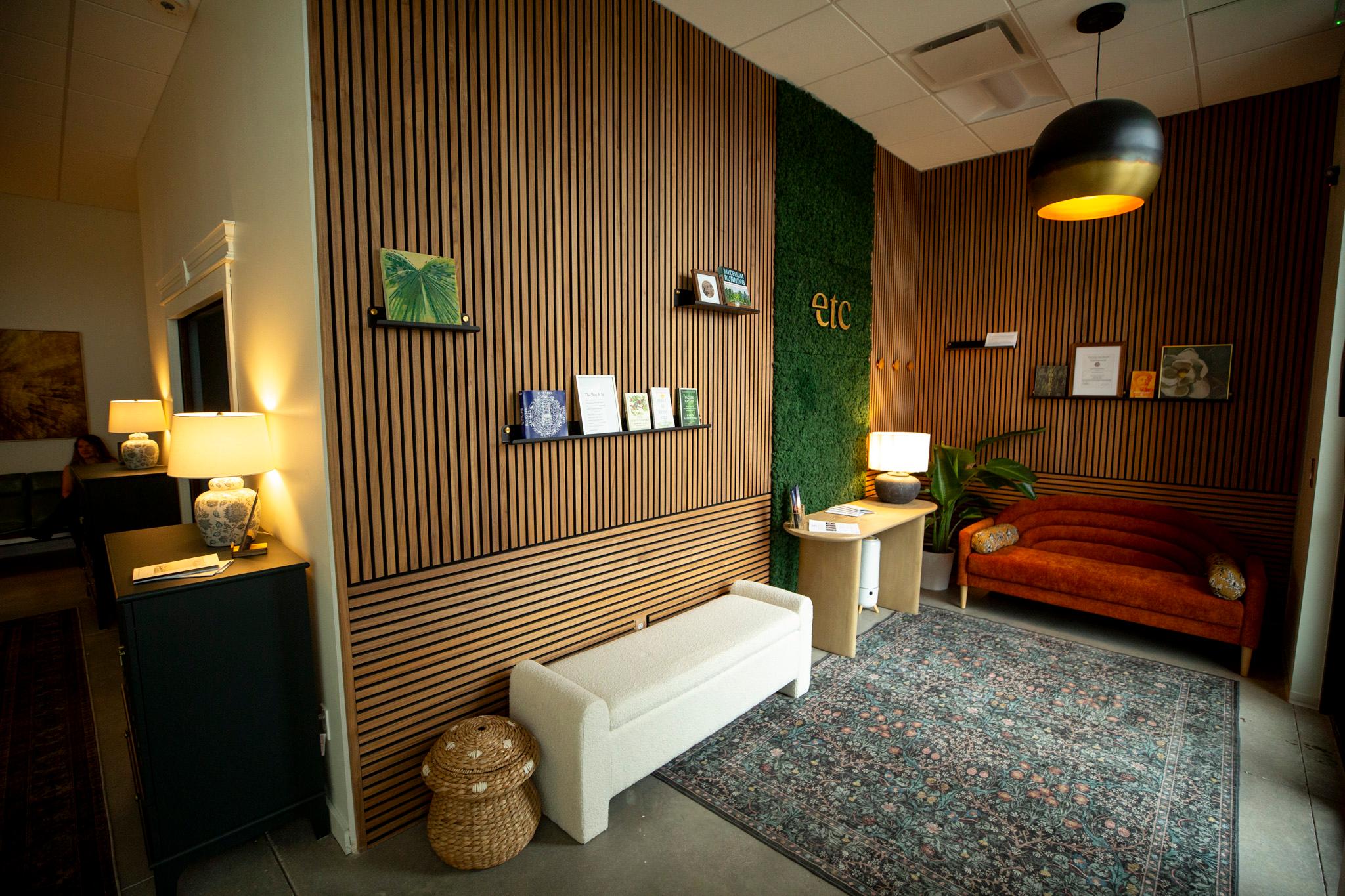
One of the most unusual features in the Alaska wilderness is manmade. Stone markers dot the Arctic tundra -- many of them stacked to look like humans. The native peoples who put them there over centuries called them inuksuit.
Pulitzer Prize-winning Composer John Luther Adams spent decades living in Alaska -- and felt inspired by these stones. In 2009 he wrote a piece called “Inuksuit” -- and he wrote it to be performed outdoors.
Dozens of percussionists spread across an open area, not unlike the Alaskan stone markers themselves.
"I imagined each musician as a soloist, as a solitary figure within the musical landscape of the piece. And I imagined the same thing about the listener," Adams says.
The musicians make a huge, rhythmic racket that lasts an hour or more. And the audience can wander between them.
If this sounds abstract or abrasive, Adams says it’s actually become one of his most-performed pieces.
Adams' unique music will have an unusual spotlight this summer in Colorado. Four classical music festivals -- Bravo! Vail, Aspen Music Festival and School, Crested Butte Music Festival and Breckenridge Music Festival -- scheduled his music for concerts in August.
The composer spoke with CPR Classical recently about how nature inspires his music, the challenges of writing music for outdoor performances and the warm reception he’s received in recent years.
Click the audio link above to hear the interview, and scroll down for video footage of the pieces Colorado audiences can hear at upcoming concerts.
The Percussive Chaos of ‘Inuksuit’
“Inuksuit” is set for two Colorado performances in August featuring 66 percussionists.
Adams says the quieter moments in the “Inuksuit” score call for the musicians to imitate the sound of birds in the area where the piece is performed. Which means these Colorado performances -- at the Bravo! Vail music festival on Aug. 6 and Aspen Music Festival and School on Aug. 7 -- will sound unlike any other performance of the piece.
Here’s a behind-the-scenes look at the unique challenge of making of the official recording of the piece in a New England forest:
Bringing to Life ‘Sila: The Breath of the World’
Adams wrote another composition for the outdoors called “Sila: The Breath of the World.” It’s being performed at the Breckenridge Music Festival on Aug 13. The musicians will play it outside the town’s Riverwalk Center, along the Blue River.
"Sila" was commissioned by the Lincoln Center Outdoors Festival in New York City in 2014. But Adams says he struggled to write a piece for the urban outdoor space around Lincoln Center.
"I developed a bad attitude about the site," he said. "I just couldn't wrap my mind around it. Because it's sort of this concrete canyonlands."
Adams persevered, though, and completed the piece. Here’s footage of the premiere, which saw musicians perform while standing in the fountains at Lincoln Center:
The Intimate (And Indoor) ‘Wind in High Places’
John Luther Adams doesn’t write music exclusively for outdoor spaces. But even the pieces he writes for the concert hall are unusual.
“The Wind in High Places” will be performed by the JACK Quartet at the Crested Butte Festival on Aug. 5. It’s Adams’ first string quartet.
What makes the piece unique is that Adams limits the number of notes to be played. The musicians never press a string against the fingerboard. All of the notes come from open strings or high-pitched harmonics.
"I imagined the quartet as a large aeolian harp, and the listener as somehow being inside of it," Adams says.
You can hear the haunting, high pitches in the first movement, performed here by the JACK Quartet:
A Warm Response to ‘Become Ocean’
One of Adams’ most important compositions isn’t being performed in Colorado this summer. “Become Ocean,” which earned Adams a Pulitzer Prize in 2014, brought an unprecedented amount of attention to the composer.
Winning the Pulitzer was a nice surprise, Adams says. So was the unexpected response from pop singer Taylor Swift. She loved the piece so much she donated $50,000 to the Seattle Symphony, which debuted and recorded the music.
"The whole experience of 'Become Ocean' has just been kind of a miracle," Adams says. "I don't know where this came from, and I'm humbled and I'm gratified that it seems to touch people."
You can hear a taste of the piece, with huge chords that gradually swell like an ocean tide, in this behind-the-scenes video created by the Seattle Symphony:
Hear music by Adams and other living composers Saturday nights at 7 on CPR Classical’s newest show, “Music Forward.”









